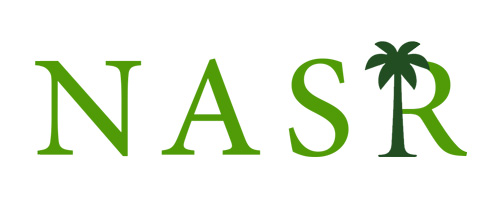Date paste is a natural sweetener made from dates that have been ground into a smooth, thick paste. It is a healthy alternative to refined sugar and is commonly used in baking, cooking, and as a spread.
Date paste is rich in nutrients and offers several health benefits. It is a good source of fiber, which promotes digestive health, and contains essential minerals such as potassium, magnesium, and iron. Potassium is important for maintaining healthy blood pressure and heart function, while magnesium helps regulate muscle and nerve function and supports bone health. Iron is essential for the production of red blood cells, which carry oxygen throughout the body.
One of the unique properties of date paste is its ability to act as a natural binding agent in recipes, making it a great substitute for eggs in vegan baking. It also has a rich, caramel-like flavor that enhances the taste of food and beverages.
Date paste is a versatile ingredient that can be used in a variety of recipes, including smoothies, oatmeal, energy balls, and baked goods. It is a healthier alternative to refined sugar and can help reduce the risk of chronic diseases such as diabetes, heart disease, and cancer.
In summary, date paste is a natural sweetener that is rich in nutrients and offers several health benefits. Its unique properties make it a versatile ingredient that can be used in a variety of recipes to enhance flavor and texture.
Nutrients and Benefits of Date Paste
Date paste is a natural sweetener made from dates that have been ground into a smooth, thick paste. It is a nutrient-dense food that offers several health benefits. Here are some of the key nutrients and benefits of date paste:
1. Fiber: Date paste is an excellent source of dietary fiber, which promotes digestive health and can help regulate blood sugar levels.
2. Potassium: Date paste is a good source of potassium, which is important for maintaining healthy blood pressure and heart function.
3. Magnesium: Date paste is rich in magnesium, which helps regulate muscle and nerve function and supports bone health.
4. Iron: Date paste contains iron, which is essential for the production of red blood cells that carry oxygen throughout the body.
5. Antioxidants: Date paste is a good source of antioxidants, which can help protect the body against damage from free radicals and reduce the risk of chronic diseases such as heart disease and cancer.
6. Natural sweetener: Date paste is a healthier alternative to refined sugar and can be used to sweeten a variety of foods and beverages.
7. Energy booster: Date paste is a great source of natural energy and can help boost endurance and performance during physical activity.
8. Vegan substitute: Date paste can act as a natural binding agent in recipes and is a great substitute for eggs in vegan baking.
In summary, date paste is a nutrient-dense food that offers several health benefits. It is a great source of fiber, potassium, magnesium, iron, antioxidants, and natural energy. It is also a healthier alternative to refined sugar and can be used in a variety of recipes to enhance flavor and texture.
Packaging and Export of Date Paste
Packaging and export of date paste involves several steps to ensure that the product is properly preserved and reaches its destination in good condition.
The first step is to package the date paste in a suitable container that is airtight and leak-proof. Most manufacturers use plastic containers or jars with tight-fitting lids to store the paste. The containers are then labeled with the product name, ingredients, nutritional information, and other relevant details.
The next step is to transport the packaged date paste to the export location. This can be done by road, rail, air, or sea, depending on the distance and destination. During transportation, it is essential to protect the containers from damage and extreme temperatures to prevent spoilage.
Once the date paste reaches the export location, it undergoes a quality check to ensure that it meets the required standards and regulations. The product is then packed into larger containers, such as drums or barrels, for shipment to other countries.
Exporting date paste requires compliance with various regulations and customs procedures, including obtaining necessary permits and certificates, complying with labeling and packaging requirements, and adhering to import regulations in the destination country.
In summary, packaging and export of date paste involve careful handling and transportation to ensure that the product reaches its destination in good condition and complies with all regulations and standards.

